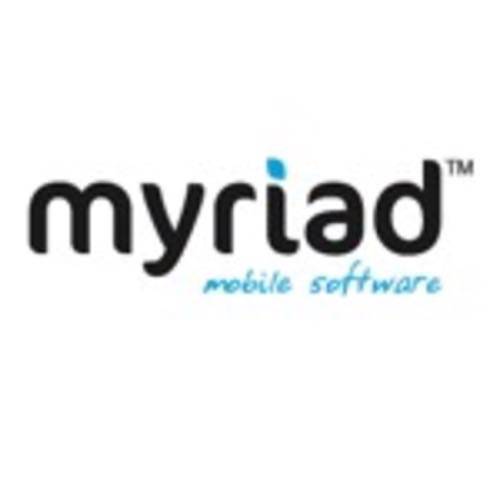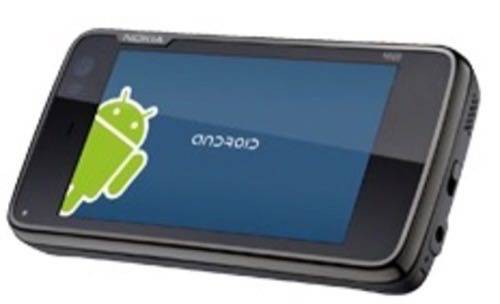An innovation called Android@Home was unveiled at Google’s I/O conference in May that intends to bring Android into your living room. Not much has been heard about Android@Home since but that does not mean that the little green robots have been shirking their duties in an attempt to take over the world. Yesterday, Myriad Group, a global mobile technology company, unveiled Alien Dalvik 2.0, a software kit intended to spring Android from smartphones and tablets to any device that has a screen.

Next week at CTIA, one of the largest mobile conferences in the country, Myriad will show off how it ported Android applications to Apple’s iPad. If Android can invade the iPad, it can go anywhere. Myriad intends to do just that, porting Android apps to Internet TVs, automobiles, e-readers and avionics.
The conversation in the mobile ecosystem is often about what platform to build for, what tools to use, how to monetize and track data in apps. Should it be a mobile Web app or use the native frameworks? Alien Dalvik 2.0 would purport to free Android from those bounds. It is an intriguing proposition.

Alien Dalvik 2.0 allows Android applications to run unmodified on any device using Google’s Android Package (APK) files. From a technological standpoint, Dalvik is trying to let Android out its cage by making it a standard format for how applications work on all devices. The key for the consumer is that it just works. The average consumer just wants to play Angry Birds on their television and does not care if it is running Android, Windows, iOS or another framework. Making a seamless, invisible experience will be key for Myriad to truly bring Android everywhere.
Myriad & The Open Handset Alliance
Myriad has been working on Android since nearly the beginning. It is a founding member of the Open Handset Alliance that is the original group of companies (including Google) pushing Android innovation. Myriad was launched after the merging of two mobile technology companies, Esmertec and Purple Labs, in 2009. The company claims to have 3.8 billion software applications running on 2.2 billion mobile phones worldwide.
From the perspective of Android@Home and Myriad’s Alien Dalvik 2.0, Android begins to look a lot less like just a smartphone operating system and more like the backbone software to all Internet connected devices. That brings Android in to Microsoft’s territory, where Windows is designed to be the OS that runs everything. Apple has done some interesting things with iOS that allows apps to run on different screens, like AirPlay, but Apple has not really shown an interest to this point to make iOS the backbone of the Internet of Things.
Alien Dalvik is a virtualization technology. As anyone who uses virtual machines knows, that often means that the imported system is buggy and does not operate as intended. Myriad’s challenge will be to smooth the kinks when Android is ported to different devices. We will be at CTIA next week and try to grab some video of what Myriad is up to.
Note: This article has been updated to present the proper spelling of Dalvik.

















